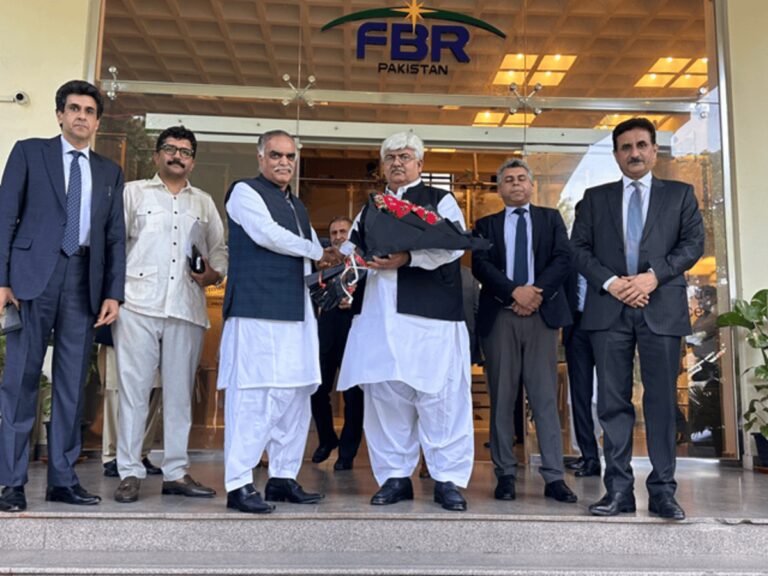🎧 Listen to This Article
Pakistan’s Federal Board of Revenue (FBR) has unveiled a new semi-automated sales tax mechanism for sugar, marking a significant shift in how the sector is taxed. The notification, issued this week, mandates bi-monthly price reviews tied to official national data, to enhance transparency, compliance, and revenue predictability in a historically volatile industry.
Under the revised system, the ex-mill price for sugar—the taxable base—will be calculated as Rs16 per kilogram less than the price published by the Pakistan Bureau of Statistics (PBS). This adjusted value will form the basis for sales tax calculation and collection, replacing discretionary or static pricing methods previously in use.
Context & Policy Rationale
The sugar sector in Pakistan has long faced price manipulation, under-invoicing, and regulatory evasion, resulting in significant revenue leakage and public discontent over retail inflation. The FBR’s move reflects an effort to:
- Standardize the tax base using independent PBS pricing data
- Increase compliance among sugar mills and distributors
- Improve real-time adjustment of tax liabilities based on market dynamics
By aligning tax calculations with market-linked data, the FBR aims to reduce discretionary practices, streamline audits, and close loopholes exploited in the current tax environment.
Impact on Businesses and Compliance
The new model introduces both certainty and operational pressure for sugar producers:
- Tax Base Linkage: Sales tax is now indexed to PBS data with a flat Rs16/kg deduction, standardizing liabilities across regions.
- Price Review Cycle: Fortnightly updates may require frequent recalibration of ERP and invoicing systems.
- Audit Trail Enhancement: With PBS as a benchmark, tax authorities gain stronger footing for cross-verification and enforcement.
“This is a compliance-oriented shift and an important move toward data-driven taxation,” said Asim Rehman, a Lahore-based tax lawyer specializing in commodity taxation. “But the fortnightly revision cycle will challenge mills with weak digital infrastructure.”
Sectoral Insight & Revenue Outlook
Sugar remains one of Pakistan’s largest agro-industrial outputs and is frequently subject to political interference, price volatility, and regulatory scrutiny. With this new formula, the FBR is targeting:
- Improved revenue capture during seasonal price surges
- Reduction of fictitious pricing or under-reported sales
- Greater parity between ex-mill and market-level taxation
Industry stakeholders are cautiously optimistic but emphasize the need for clarity in dispute resolution where PBS data diverges from ground realities.
What to Watch
- Implementation Challenges: Will sugar mills adopt the new pricing model swiftly or resist due to perceived revenue loss?
- Digital Monitoring Tools: FBR may follow up with track-and-trace or e-invoicing mandates.
- Sectoral Spillover: Similar PBS-linked tax benchmarks may be extended to cement, flour, or edible oil sectors.
For further details, clarification, contributions, or any concerns regarding this article, please contact us at editorial@tax.news. We value your feedback and are committed to providing accurate and timely information. Please note that our privacy policy will handle all inquiries



